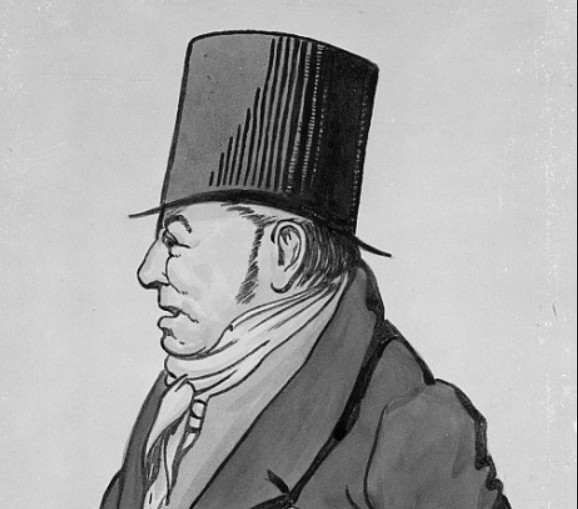
William Crockford
Childhood
Born in Temple Bar, London, Crockford was the son of a fishmonger. For a time, he followed in his father’s footsteps, working in the family trade. Little else is known about his early years, but his later success suggests an innate talent for risk-taking and strategic thinking.
Career
Crockford’s rise to prominence began when he won a substantial sum—reportedly £100,000—either through card games or by operating an early gambling establishment. Capitalizing on this success, he opened Crockford’s Club in 1827 at 50-53 St James's Street. Designed by architects Benjamin and Philip Wyatt, the club was officially named The St James's Club but became widely known by its founder’s name.
The establishment quickly gained notoriety as the premier gambling destination for London’s elite. Membership was exclusive, attracting aristocrats, politicians, and even foreign dignitaries. Hazard, a dice game, was the club’s most popular offering, with vast sums wagered nightly. Crockford’s shrewd management ensured the house always had an edge, allowing him to amass an extraordinary fortune.
Personal life
Crockford married twice: first to Mary Lockwood in 1801, and after her death, to Sarah Frances Douglass in 1812. He fathered several children, some of whom later joined him in business ventures. Despite his wealth, Crockford’s later investments—particularly in mining and zinc manufacturing in Wales—proved less successful than his gambling enterprise.
Revenue
At the height of his success, Crockford reportedly took £1.2 million (equivalent to tens of millions today) from his club before retiring in 1840. His fortune, however, diminished due to unsuccessful business ventures with his sons, Henry and Charles Crockford, and his daughter Fanny.
Interesting facts
The Duke of Wellington, a prominent member, allegedly joined only to prevent his son, Lord Douro, from gaining entry.
Crockford’s Club was so lucrative that Captain Rees Howell Gronow remarked that Crockford had "won the whole of the ready money of the then existing generation."
The club’s lavish design set a new standard for high-end gambling establishments.
Legacy
Crockford’s Club set the benchmark for exclusive gambling venues and influenced the development of private members' clubs in London. Though Crockford himself lost much of his fortune in later years, his name remains synonymous with high-stakes gambling during the Regency era.
Frequently asked Questions
Crockford initially gained wealth through gambling, either by winning large sums at cards or running an early gaming house. His biggest success came from founding Crockford’s Club, which became London’s most exclusive gambling venue.
Hazard, a precursor to modern craps, was the most popular game. High-stakes card games like whist and faro were also common.
Yes. After retiring in 1840, he invested heavily in mining and zinc production in Wales, which proved unprofitable. By his death in 1844, much of his wealth had diminished.
While gambling was socially accepted among the elite, it operated in a legal gray area. Crockford’s Club thrived due to its exclusivity and powerful patrons.


























